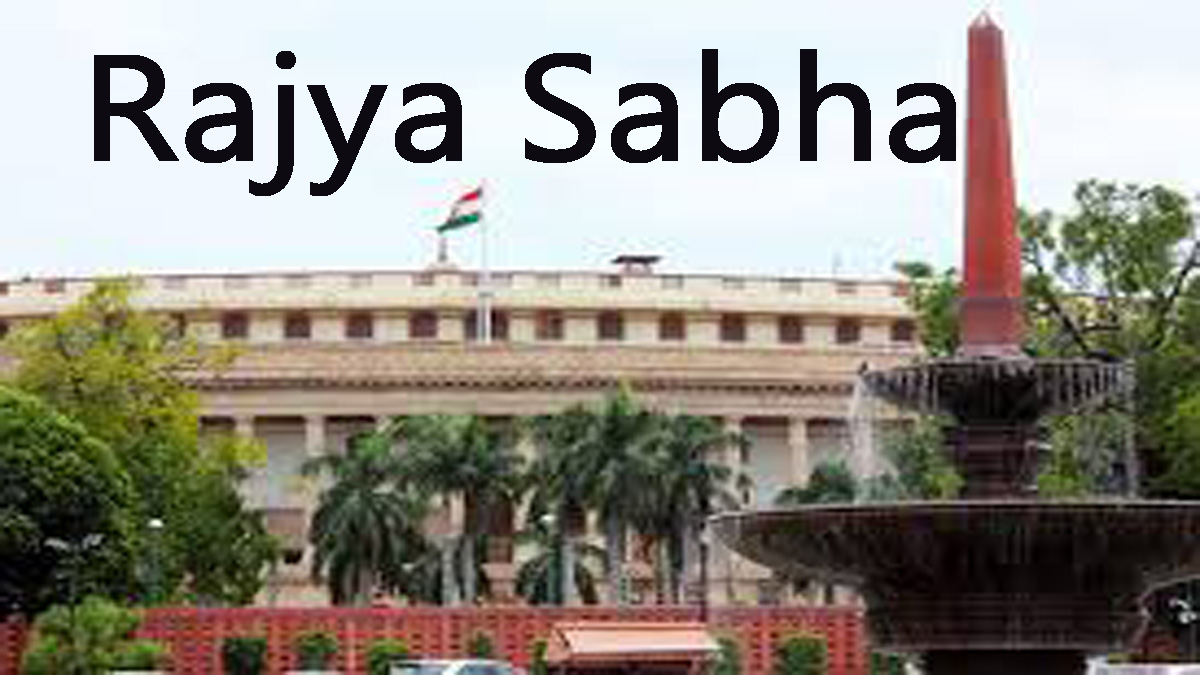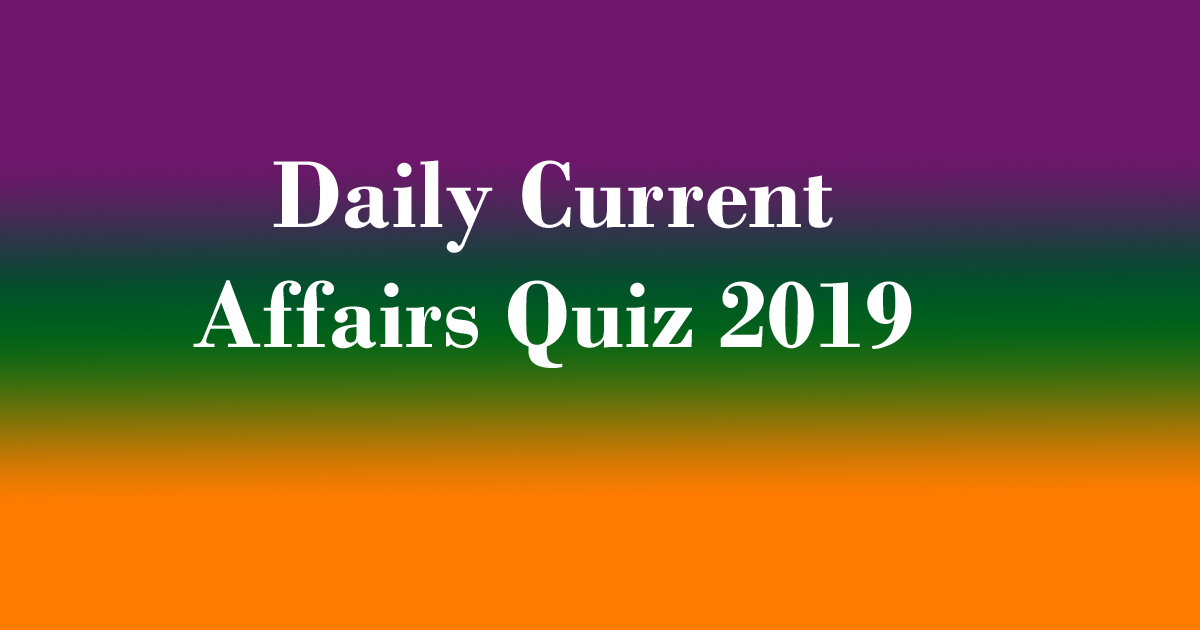
Rajya Sabha passed the Unlawful Activities (Prevention) Amendment Bill (UAPA Bill), 2019 to a select committee with 147 votes in favour and 42 against it.
Daily Current Affairs Quiz 2019
Home Minister Amit Shah, during a discussion on the Bill, said that terrorism had no religion and every member of the House should show their support to the Bill to bring stringent laws against it. Assuring that no human rights will be violated, Shah added that a four-level-scrutiny has been provided in the amendment.
Meanwhile, senior Congress leader P Chidambaram alleged that the government is making amendments to the already amended Act to empower the National Investigation Agency (NIA). He added that individuals involved in unlawful activities, as well as terror activities, are already covered under the Act.
Chidambaram further alleged that any individual could be named under this Act merely on the government’s belief that they are involved in terrorism. “If the central government believes an individual is involved in terrorism, he will be named. There is no FIR, no chargesheet, no charges framed, no trial in a court, no conviction. What is the basis of naming individuals? Only your belief,” Chidambaram said in the Upper House.
The former finance minister also suggested sending the Bill to a select committee, stating that there can be dire consequences upon an individual if it is passed.
Replying to concerns raised by Chidambaram, Shah said that the Opposition mixed up two different statistics to argue on the Bill and that it could be used by both the state and the NIA. Shah said “Out of 278 terror cases registered by NIA, charge sheet filed in 204 cases. 48 out of 54 cases have been convicted so far.” He added that the track record of the NIA in conviction in terror cases has been outstanding.
“Individuals can be declared terrorists if they commit or participate in acts of terrorism, prepare or promote terror,” Shah said in the House. The UAPA Bill is an anti-terror legislation that seeks to designate an individual as a “terrorist”. On July 24, Lok Sabha cleared the changes to the existing law, but Opposition parties and civil liberties lawyers have criticised the Bill, arguing it could be used to target dissent against the government, and infringe on citizens’ civil rights.





